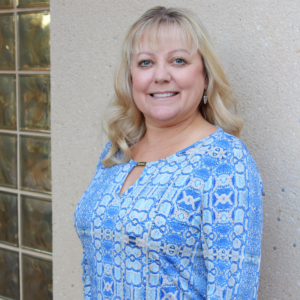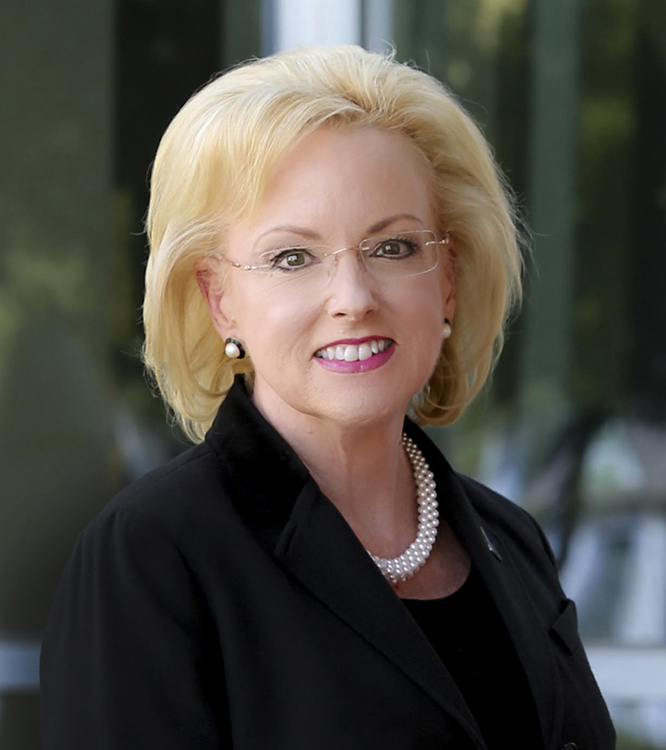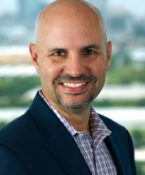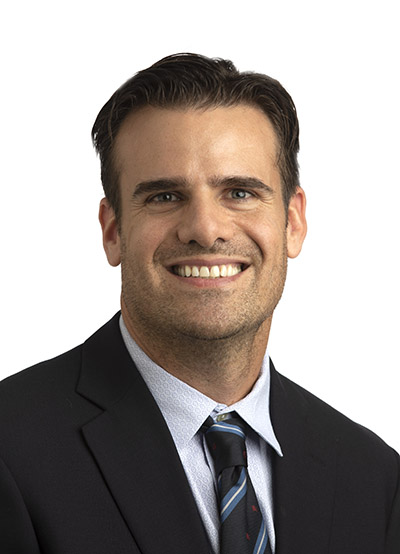Integrative versus Traditional Medicine
 Dr. Trisha Smith is a world traveler. If you stop by the HSC Health Student Health and Priority Care clinic, she can diagnose an illness and recommend the best dinner spot for your next vacation in Greece in the same breath. This exposure to different cultures through travel and years growing up abroad has given Smith a unique perspective, which led to her passion for integrative medicine.
Dr. Trisha Smith is a world traveler. If you stop by the HSC Health Student Health and Priority Care clinic, she can diagnose an illness and recommend the best dinner spot for your next vacation in Greece in the same breath. This exposure to different cultures through travel and years growing up abroad has given Smith a unique perspective, which led to her passion for integrative medicine.
“Traditional medicine is very strictly set in evidence — almost to a fault,” Smith said. “When I went to medical school, we didn’t learn anything that could possibly be a treatment — it was only what was absolutely scientific. The opposite, alternative medicine, encompasses a lot of treatments that aren’t necessarily based in science. Integrative medicine strives to look at what alternative therapies may possibly be useful in a traditional setting.”
Smith completed her fellowship at the University of Arizona Medical School in Tucson with Dr. Andrew Weil, the man who coined the phrase “integrative medicine” and began searching the world for practices that could be incorporated into traditional care being provided in the U.S.
This instruction shaped Smith’s patient care philosophy, but after years in practice, she has noticed that there are misconceptions about what integrative medicine really is.
Her simple definition is that integrative medicine looks at every avenue to treat the patient while keeping scientific evidence and safety top of mind.
“With traditional medicine, the focus is on how to fight a problem — if you have a sinus infection let’s fight it with antibiotics,” she said. “With integrative medicine, we look at trying to reinforce our own immune system to fight this off and heal from within. Maybe you don’t need an antibiotic. Your body has the ability to heal itself.”
For example, Smith shared, most people would not need to have stitches for the body to heal a paper cut. Not every case is so black and white, however, and the fine line of which illnesses need a prescription and which can be treated by other methods may be hard to navigate.
“In integrative medicine, you have to use a sliding scale of severity,” she said. “You have to look at how serious the situation is, and sometimes it’s not so easy to delineate. That’s why I’m here to help. I’m a consultant. I’m not here to tell someone what to do. I’m here to present all the options.”
Unlike alternative medicine, Smith also acknowledges that some illnesses, like cancer, absolutely should be treated with traditional medicine. When possible, she takes a minimalist approach.
“One of the things I see, unfortunately, is that some patients have many specialists,” she said. “That’s fine if they’re actually needed. As an integrative medicine physician, I want to try to manage the whole person and use these specialists in a team fashion to help my patients with whatever problem they have, and hopefully try to minimize the number of people and prescriptions they need.”
Thanks to direct to patient advertising from pharmaceutical companies, many patients in the U.S. often feel they are receiving quality care only if they leave their doctor’s appointment with a prescription in hand.
“For me, less medication is more,” she said. “If someone comes to see me, I want to find a way to improve their body’s own ability to heal. That doesn’t mean I won’t give them blood pressure or cholesterol medicine if needed, but I will always consider if there is another way that I can do that besides giving them a pill.”
With the rise of wellness trends online, more and more patients are investing in supplements, vitamins and over-the-counter medications without fully understanding why they are taking them.
Smith pointed out that some patients see a doctor for traditional medicine who does not know they are experimenting with these holistic remedies on the side, which can be very dangerous.
“A lot of times, people won’t want to tell you what they’re doing because they’re afraid they’ll be looked down upon, and quite frankly a lot of physicians are going to do that if you aren’t doing something they learned in medical school,” she said. “I’ve learned a lot from my patients just from being open-minded. Of course, as a physician, we pledge to first do no harm. If a patient comes in and asks me about an alternative therapy, I want to make sure I don’t endorse something without knowing the potential risks.”
While many Americans are open to taking a new vitamin or supplement, there is a continued misconception that you can exercise away everything you eat while neglecting a proper diet. Smith said having a healthy diet is common sense, but it is emphasized in integrative medicine as a course of treatment.
“Exercise is good for strengthening your muscles,” she explained. “It’s good for your heart. It’s actually a purging mechanism because it helps you sweat out toxins, but you should never use exercise to lose weight. You should eat right. If you come to me as a diabetic, sure, I can give you a pill. I can give you three pills, but nothing is more important than diet.”
Dr. Smith encourages patients to bring herbs, teas, supplements, vitamins, essential oils and anything else incorporated into their wellness routine to their appointment so she can partner with them and safely monitor whatever the patient is using.
She will also request a physical to check liver and kidney function before recommending any alternative solutions, as these two organs are the filter to the body and can be greatly impacted by herbs and other supplements.
Smith provides care in HSC Health’s Student Health and Priority Care clinics at The University of North Texas Health Science Center at Fort Worth. Call 817-735-5051 to make an appointment with student health or 817-735-2273 to make an appointment with Priority Care (exclusive to HSC employees and their families).





Social media